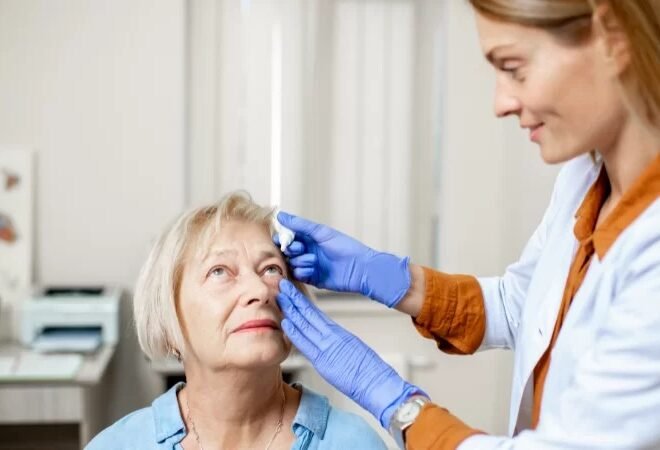
Understanding the Role of Sports Medicine in Public Health
Discover how sports medicine supports public health by preventing injuries, promoting physical activity, and improving overall community wellness and fitness.
Sports medicine helps improve public health by making sure people can stay active safely. It supports many areas, like preventing injuries and helping with community health programs.
As more people live less active lives, sports medicine has become more important than ever. When we understand how it helps public health, we can see the big benefits it brings to both individuals and communities.
Injury Prevention
Injuries are a major reason why people of all ages stop being active, and this can hurt public health. Sports medicine helps prevent injuries by teaching safe practices, proper training, and offering treatment when needed. This is very important in youth sports, where learning the right techniques can help keep young athletes safe.
The Role of Education
Sports medicine education isn’t just for athletes. It also helps coaches, parents, and community groups. Teaching safe habits-like using the right techniques and equipment-can lower the risk of injury in all kinds of sports.
Promoting Physical Activity
People who stay active are usually healthier and less likely to have long-term illnesses like obesity and diabetes. Sports medicine helps support physical activity by creating exercise plans that fit different people’s needs. For example, healthcare providers use sports medicine to make fitness plans based on a person’s age, health, and goals.
Improving Mental Health through Physical Activity
Being active is good for mental health. Regular exercise can reduce anxiety and depression. It also helps improve mood and how well the brain works.
Sports medicine experts often use exercise as part of mental health care. They know how to make workout plans that fit a person’s mental health needs. This helps connect sports medicine to public health.
People who exercise often usually feel better mentally. Also, sports programs in the community have been shown to lower stress for many people.
Holistic Approaches to Health
A complete sports medicine approach looks at the whole person, including nutrition, mental health, and injury recovery. Eating the right foods is important for doing well and healing after activity. Mental health experts, like counselors and therapists, often work with sports medicine teams to make recovery plans that also support mental wellness.
The Future of Sports Medicine in Public Health
The integration of technology in sports medicine is posing new opportunities and challenges for public health. Wearable devices that track physical activity, heart rates, and overall fitness can provide valuable data for healthcare providers.
This information allows for personalized fitness plans that are continuously tuned based on the data gathered. As technology advances, sports medicine can only expand its reach, thereby further enhancing public health outcomes.
Anticipating Changes
As society becomes more health-conscious, the demand for comprehensive sports medicine will grow. By incorporating emerging technologies, sports medicine can further promote public health initiatives.
Personalized exercise programs, tailored mental health strategies, and community engagement are essential to this evolution. This ensures that everyone has the opportunity to lead a healthy, active lifestyle.
Sports Medicine Supports Public Health
Sports medicine helps people stay healthy. It works to prevent injuries, encourages people to stay active, and supports good mental health. These efforts help make communities safer and healthier.
When doctors and other health workers team up through sports medicine, they can better help people stay fit and well. Reach out to local sports medicine services to learn how you can improve your health and help your community too.
Looking for more tips and advice? You’re in the right place! Make sure to bookmark our page and come back to check out more interesting articles.


